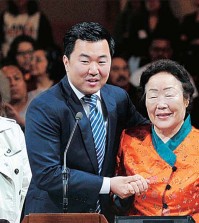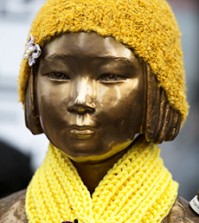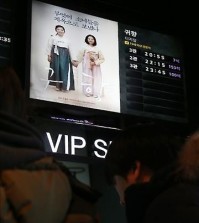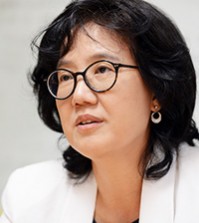- California Assembly OKs highest minimum wage in nation
- S. Korea unveils first graphic cigarette warnings
- US joins with South Korea, Japan in bid to deter North Korea
- LPGA golfer Chun In-gee finally back in action
- S. Korea won’t be top seed in final World Cup qualification round
- US men’s soccer misses 2nd straight Olympics
- US back on track in qualifying with 4-0 win over Guatemala
- High-intensity workout injuries spawn cottage industry
- CDC expands range of Zika mosquitoes into parts of Northeast
- Who knew? ‘The Walking Dead’ is helping families connect
[NYT] Japanese reporter and the paper pay dear price for reporting on Korean ‘comfort women’
[THE NEW YORK TIMES] — Takashi Uemura was 33 when he wrote the article that would make his career. Then an investigative reporter for The Asahi Shimbun, Japan’s second-largest newspaper, he examined whether the Imperial Army had forced women to work in military brothels during World War II. His report, under the headline, “Remembering Still Brings Tears,” was one of the first to tell the story of a former “comfort woman” from Korea.
Fast-forward a quarter century, and that article has made Mr. Uemura, now 56 and retired from journalism, a target of the Japanese political right. Tabloids brand him a traitor for disseminating “Korean lies.” Ultranationalists have even gone after his children, posting messages on the Internet urging people to drive his teenage daughter to suicide.
“The War on The Asahi,” as commentators have called it, began in August when the newspaper bowed to public criticism and retracted at least a dozen articles published in the 1980s and early ’90s. Those articles cited a former soldier named Seiji Yoshida, who claimed to have helped abduct Korean women for the military brothels. Mr. Yoshida was discredited two decades ago, but the Japanese right pounced on The Asahi’s gesture and called for a boycott to drive the 135-year-old newspaper out of business.
Asahi Shimbun Co. recently said consolidated operating profit fell 50.5 percent from a year earlier. [READ MORE]
















